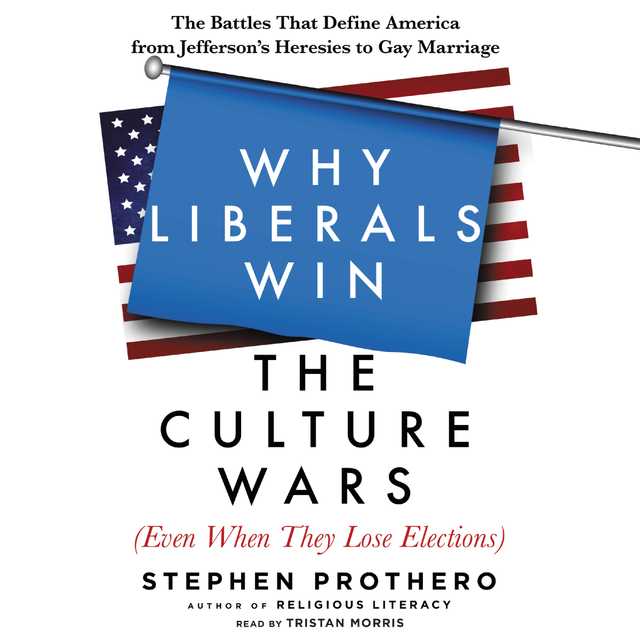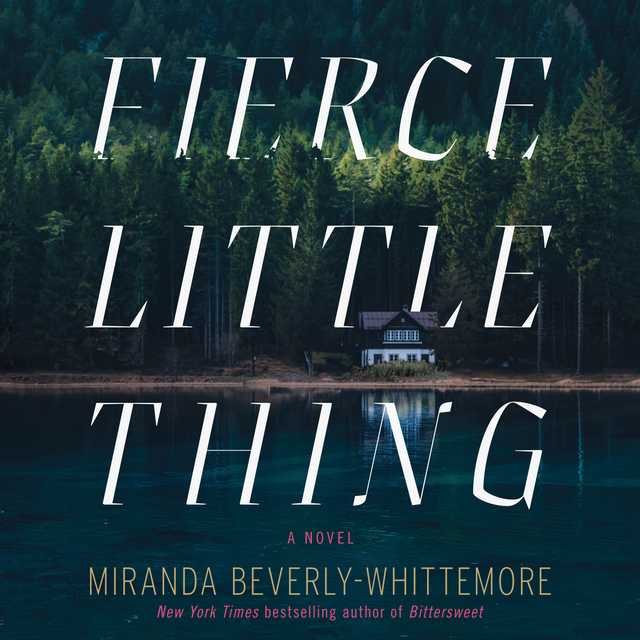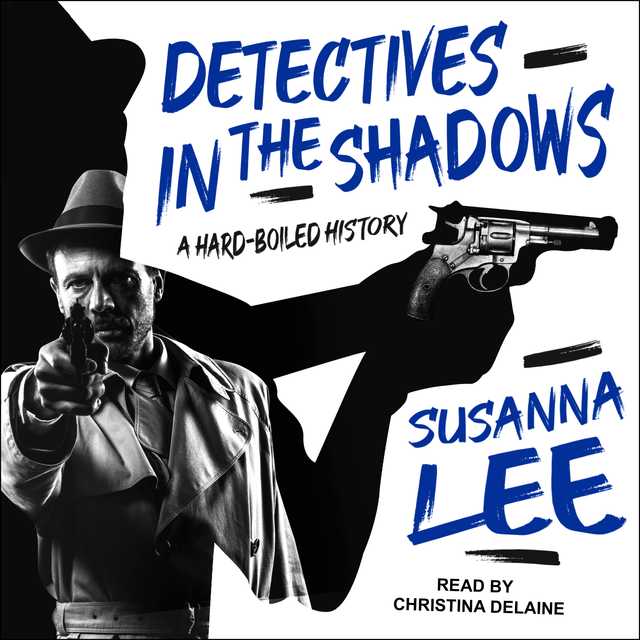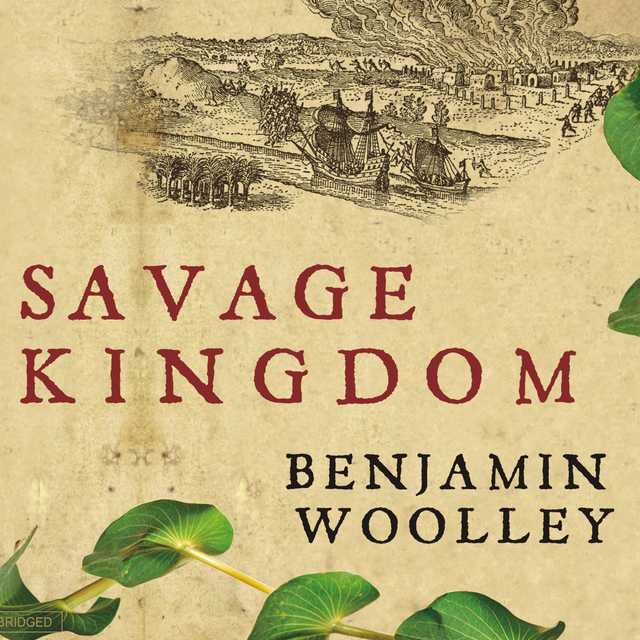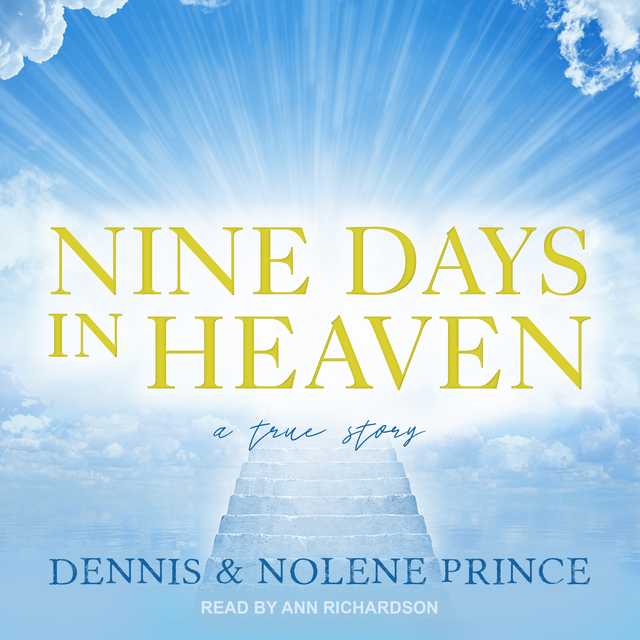Why Liberals Win the Culture Wars (Even When They Lose Elections) Audiobook Summary
In this timely, carefully reasoned social history of the United States, the New York Times bestselling author of Religious Literacy and God Is Not One places today’s heated culture wars within the context of a centuries-long struggle of right versus left and religious versus secular to reveal how, ultimately, liberals always win.
Though they may seem to be dividing the country irreparably, today’s heated cultural and political battles between right and left, Progressives and Tea Party, religious and secular are far from unprecedented. In this engaging and important work, Stephen Prothero reframes the current debate, viewing it as the latest in a number of flashpoints that have shaped our national identity. Prothero takes us on a lively tour through time, bringing into focus the election of 1800, which pitted Calvinists and Federalists against Jeffersonians and “infidels;” the Protestants’ campaign against Catholics in the mid-nineteenth century; the anti-Mormon crusade of the Victorian era; the fundamentalist-modernist debates of the 1920s; the culture wars of the 1980s and 1990s; and the current crusade against Islam.
As Prothero makes clear, our culture wars have always been religious wars, progressing through the same stages of conservative reaction to liberal victory that eventually benefit all Americans. Drawing on his impressive depth of knowledge and detailed research, he explains how competing religious beliefs have continually molded our political, economic, and sociological discourse and reveals how the conflicts which separate us today, like those that came before, are actually the byproduct of our struggle to come to terms with inclusiveness and ideals of “Americanness.” To explore these battles, he reminds us, is to look into the soul of America–and perhaps find essential answers to the questions that beset us.
Other Top Audiobooks
Why Liberals Win the Culture Wars (Even When They Lose Elections) Audiobook Narrator
Tristan Morris is the narrator of Why Liberals Win the Culture Wars (Even When They Lose Elections) audiobook that was written by Stephen Prothero
Stephen Prothero is the New York Times bestselling author of Religious Literacy and God Is Not One and a professor of religion at Boston University. His work has been featured on the cover of TIME magazine, The Oprah Winfrey Show, The Daily Show with Jon Stewart, The Colbert Report, NPR, and other top national media outlets. He writes and reviews for the New York Times, The Wall Street Journal, Boston Globe, The Washington Post, USA Today, Los Angeles Times, Salon, Slate, and other publications. Visit the author at www.stephenprothero.com or follow his tweets @sprothero.
About the Author(s) of Why Liberals Win the Culture Wars (Even When They Lose Elections)
Stephen Prothero is the author of Why Liberals Win the Culture Wars (Even When They Lose Elections)
More From the Same
- Author : Stephen Prothero
- Religions of the East
- God Is Not One
- The American Bible
- Religious Literacy
- God the Bestseller
- Publisher : HarperAudio
- Abraham
- American Gods [TV Tie-In]
- Dead Ringer
- House of Sand and Fog
- Prey
Why Liberals Win the Culture Wars (Even When They Lose Elections) Full Details
| Narrator | Tristan Morris |
| Length | 10 hours 42 minutes |
| Author | Stephen Prothero |
| Category | |
| Publisher | HarperAudio |
| Release date | January 05, 2016 |
| ISBN | 9780062390288 |
Subjects
The publisher of the Why Liberals Win the Culture Wars (Even When They Lose Elections) is HarperAudio. includes the following subjects: The BISAC Subject Code is Conservatism & Liberalism, Political Ideologies, Political Science
Additional info
The publisher of the Why Liberals Win the Culture Wars (Even When They Lose Elections) is HarperAudio. The imprint is HarperAudio. It is supplied by HarperAudio. The ISBN-13 is 9780062390288.
Global Availability
This book is only available in the United States.
Goodreads Reviews
Dustin
January 25, 2016
A fascinating look at how religion (as well as racism, bigotry, and xenophobia) plays into the American political scene (from the Founding Fathers to President Obama). I highly recommend this book to all Americans before they cast their votes in November.
Jeremy
November 19, 2020
Helpful addition to U.S. political/religious history, even if I don't agree fully with the ultimate narrative (indicated by the title).
Malcolm
July 03, 2017
Stephen Prothero has written an extremely readable and well researched history of the culture wars from the founding of the republic until the present. This book is relaxed in tone and very informative. Readers interested in the current state of American politics would be well served to see how our modern history rhymes with the past.
Leo
June 21, 2016
Very interesting look at historical the precedents of today's "Culture Wars." Prothero stars with a simple thesis: Progressive have won the vast majority of past culture wars, and those victories become the new "American Orthodoxy" or status-quo. Any change to that status-quo causes the Right to over-react to the perceived loss, causing conservatives to fire the first volley in a new Culture War. Which the left wins.At first, I was skeptical. I thought it was just Prothero's liberal fantasy. But then, I saw his evidence. From slavery, to anti-Catholic terrorism in the 1800's, to Prohibition, Prothero traces what Hofstadter called the "paranoid style in American politics." He shows how the resolution of those conflicts lead to the more liberal, expansive position becoming the "new normal."For instance, he traces some virulent anti-Catholic terrorist acts executed by the Nativist "Know nothing" party in the late 19th and early 20th Centuries. In 1928, Catholic Al Smith lost the Presidency to Herbert Hoover. Hoover ran a campaign that emphasized Smith;s reigion. His follows spread the tenuos Conspiracy Theory that Smith would turn the government over to the Pope. And people brought that line. But over the 40's and 50's, Protestant Americans fought wars, lived and worked next to Catholic-Americans. As a result, JFK was elected President. And until Jusctice Scalia died recently, 6 of the 12 Supreme Court Justices were practicing Catholics. Liberals won. And American's conception of acceptable religion expanded from "Protestant" to the more inclusive "Christian," which encompassed all people following the New Testament teachings of Jesus. Liberals won again when "Christian" proved too small, and the term "Judeo-Christian tradition" became the moniker of acceptable religion, adding Jewish people and Mormons to the fold. Note how much that our "new normal" accepts Catholics, Jewish people and Mormons as "mainstream." That definition is being challenged by the Right-Wing rejection of Islam and an "evil cult" --echoing earlier anti-Catholic and anti-Mormon rhetoric. Though it's not a certainty, there seems little doubt that within ten years our definition of acceptable religion will expand, once again, to accept Islam and mainstream. History is on our side.But what I found most appealing was his history of the religious Right from Reagan onward. It is still relevant today, and does lay broad outlines of how to understand the movement. All told, "Why Liberals Win" was an enjoyable eye-opener. Based on facts and sound reasoning, it traces the history of America's current and past Culture Wars. Four stars.
Keith
August 24, 2016
Prothero places the recent U.S. culture wars about gay marriage and abortion in a historical context of past American culture wars. He is careful to qualify his analysis to admit that there are many other factors involved in this events beyond religion and morality, but his does show an ongoing conservative vs. progressive cultural conflict going back to colonial times. His thesis is that while conservatives often win short term victories, in the long term the progressive agenda always comes out on top.Prothero first looks at the 1800 election of Thomas Jefferson. Because of Jefferson's reluctance to publicly discuss his religious beliefs many religious leaders took advantage of his silence to denounce Jefferson as a closet atheist or even a "Mohammedan." He goes on to look at the anti-Catholicism movement that started in the 1830's and the anti-Mormonism movement of the 1850's. Catholics are so throughly integrated into American society today that it is hard to believe there was a time when they were treated with the same hostility as Communists were in the 20th century. Anti-Catholicism was as much anti-immigrant as it was a religious movement, but it and anti-Mormonism reflect the conservative tendency to fear change and fight against a loss of cultural dominance. Finally he looks at the Prohibition movement that successfully outlawed the sale of alcohol in the U.S. from 1920 - 1933. This may have been the last time that a morals crusade grew into a big enough national movement to impose its will on the general public.It is hard to argue with Prothero's thesis that progressives tend to prevail in the long term. He could have expanded the argument to include Abolition, labor movements, the Civil Rights movement, and women's rights as well, but while those were long term progressive victories the conservative opposition was less focused on morality, so they would be a bit beyond the scope of Prothero's argument.
Amy
June 27, 2018
Why Liberals Win the Culture Wars (Even When They Lose Elections) is history of the conservative tradition of trying to keep the past and the liberal tradition of continually dragging society into a more inclusive future. According to Prothero, this happens mostly because society is always changing, and conservatives tend to only panic about it when the past they remember though rose-colored goggles is pretty much gone (a tendency to fight for lost causes). I thought Prothero did a good of explaining the historical context of several culture wars (Jefferson's refusal to speak on religion, whether Catholics could really be american, the meaning of prohibition, etc) throughout american history and the effect that those culture wars have had on wider american society. I think the best take-away from this book is that the rights and traditions we now take for granted today were fought over at one time or another and didn't always have the same meaning. However, I did think the conclusion of the book was a bit overly conciliatory and didn't necessarily take into account how more information fits into the wider picture of society. Prothero spends a good chunk of the conclusion arguing that 'total victory' warriors on both sides of the political spectrum do more harm than good. One of his rhetorical examples is 'should we force catholic adoption agencies to accept gay parents?' His implied argument is that we shouldn't; we should let well enough alone and wait for the tide to change these institutions from within. However, that doesn't take into account that the real affects that sort of wait-for-it policy in the now (assuming the institution actually changes for the better, which is might not; right-leaning institutions have been known to double-down on unpopular policies in the face of protest even from within their institutions). As of 2017, the state of Texas had about 100,000 children waiting for adoption, but would not allow non-heterosexual and/or non-christian couples to adopt. It is an agency policy that the state is trying to enshrine in law. Even putting aside the issues of LGBT+ and religious discrimination, those are 100,000 kids that are being denied parents and homes for no reason other than bigotry. Turning the other cheek will only get you so far. Additionally, I can't help but think of how Prothero's own views may have changed in the aftermath of the 2016 presidential election. Despite the majority of the american public in general disagreeing with their politics and policies, the republican party and evangelical voting bloc have shown that they don't care. Republicans pushed through their spending bill even though 75% of the general public disagreed with it (a percentage which has gone up in the months since its passage and the public has seen the utter lack of the promised benefits). The conservative members of the Supreme Court approved Trump's muslim ban even though a vast majority of public sees it for what it is: codified religious discrimination. The Trump administration only recently 'solved' the self-generated problem of family separation at the southern border, and even that was only because of the massive public outcry over inhumane treatment of children in detention centers. I don't think Prothero's calls for respecting public space and civility while the conservative supposedly negotiate among themselves the terms of their surrender are really relevant at this point in time because it is obvious that they have no plans to surrender. Conservatives and evangelicals - galvanized by the fact that they control all 3 branches of government through filibuster, shady and possibly treasonous dealing, and gerrymandering - plan to simply dictate their demands for morality and superiority by force, damn any and all opposition. So, all in all, I think Why Liberals Win the Culture Wars (Even When They Lose Elections) is a decent book. But I took off a star for the conclusion and likely will not recommend it to anyone.
Chris
November 12, 2016
This book has an interesting and compelling premise, that the culture wars we experience today are not unique to modern America and that liberal ideals of pluralism and diversity ultimately win out over the conservative resistance to pluralism and diversity. It seems that Prothero makes his case, but I felt that the case studies selected were somewhat limited. He chose five examples: the Federalists (conservatives) vs the Democratic-Republicans (liberals-and in particular Jefferson), the protestant majority (conservatives) vs the immigrant Catholics (liberal cause) in the early 1800s, the protestant majority (conservatives) vs the Mormon faith (liberal cause), the Prohibitionists (conservatives) vs the anti-Prohibitionists (liberal), and finally the modern American conservative vs liberal culture war. Several things struck me as interesting. First, you have to cast off the modern definitions of liberal and conservative and go with the traditional definitions, meaning different (liberal) and not different (conservative). And even then, the case of Prohibition gets a little murky because of the coalition of forces that brought it about and the fact that Prohibition was itself a change (albeit a change to restrict a right.) The case of Mormon discrimination gets a bit murky as well because much of the negative press (albeit not all) was centered around polygamy.I found that the anti-Catholic sentiment of the early 19th century very strongly resembled the anti-Semitism of the late 19th century and early 20th century, which strongly resembles the anti-Muslim sentiment present in today's America. I think Prothero makes that case very well.Conspicuously missing from this analysis of the culture wars is the ultimate culture war, the issue of slavery. I think a fair treatment of slavery as an issue that divides America would require that the book be twice as long and would perhaps seems the author into America's most analyzed period in history, so I don't blame him for leaving that out.Onto the other major premise of the book, that conservatives usually start culture wars and ultimately lose, not so much because of the adept effort of the liberals, but because of the fact that they start the war only after the change they are opposing is already irreversible. I think Prothero makes his case here, with the exception of the Mormon case related to polygamy. In the case of the Mormons, the main issue of polygamy was never seen as acceptable in American society, and so that particular type of diversity never became mainstream. I guess we can be glad pluralism doesn't always succeed.I like the way the book ends, which is with an optimistic and constructive view. The author suggests that the way to overcome all the wasted time spent on culture wars is to communicate with people who are different. So do I recommend the book? Yes, but only if you plan to read it with an open mind. If you are opposed to the premise of the book based on the title then you probably shouldn't waste your time. If you are a liberal who is bummed about the 2016 Presidential election then I think you might take solace in the fact that freedoms and rights, once granted, are very difficult to revoke. For example, if gay marriage licenses are revoked then the outrage will be much greater than it would have been if they had never been permitted. Once accepted, the liberal position of expanding rights becomes the conservative position of protecting those rights. The arc of history bends towards justice, and justice strongly favors acceptance of those who are different.
Robert
January 19, 2021
Very enjoyable read. The title of the book pretty much says it all; no further explanation needed. Another title could have been, "Liberals May Loose Some Battles, but They Always Win the War." This book looks back at the history of culture wars in America, from the election of 1800 to modern issues of gay marriage, Islam, immigration, etc. A couple of interesting point to note. One is the "culture wars cycle", a sort of SOP of how these battles are fought - conservatives always strike first, followed by a counter attack by liberals, then there is some sort of accommodation, and finally liberals win. Another interesting point can be summed up in the old adage, "Today's liberal is tomorrow's conservative." Many of the positions conservatives once fought tooth and nail for decades ago they would never dream of even mentioning today (The number of Republicans who like to quote MLK, a man they would have stood in stark opposition too, is a perfect example) As the author notes at the end of the book, "Culture wars do typically end with victories for liberals, but over time conservatives also accept the more inclusive vision of America those victories have secured. In this way, liberal conviction becomes national norms". I also found it strangely comforting to know that despite all the rhetoric about America being "more divided than ever" that this is hardly true. The current division we are seeing played out in the media today is nothing new. We are a country that has always been divided, yet have somehow managed to soldier on and keep this great experiment going, despite the constant and reoccurring tropes about the "end of America as we know it."
Matt "The Bibliognost"
June 24, 2017
Interesting take. I disagree with his premise that prohibition was a conservative mediated policy. It was led by Democrats, abolitionists, women's suffrage voters, and other groups I would hardly consider conservative. I realize it's hard to stomach the idea that Democrats might have brought us one of the most disagreeable movements of the 20th century, buts its true nonetheless. He's going to have to claim that. And in the end Prohibition was successful in decreasing the amount of daily alcohol Americans imbibe. Otherwise, it was a good read.
Ryan
October 07, 2018
Great scope of analysis here and Prothero makes a compelling case for his relatively novel thesis. This was a quick and clear read and represents a really thoughtful contribution to understanding US politics- even from a Historian. On that count, though, there were a number of elements (especially with the more recent parts of the text) that ignored important elements from Political Science and Sociology. I'll be teaching parts of this book in the Spring- it's really great.
Christine
July 30, 2018
Granted, I'm late to the party (political pun unintended), but I'm really glad I read this book now rather than when it was first published. What a relief it is to get some historical perspective about our hyper-polarized, scorched-earth state of affairs. This book--fascinating from start to finish--offers hope that if the foot soldiers of other seemingly intractable culture wars finally managed to stagger to victory, perhaps our present-day insanity isn't as catastrophic as I fear.
Garth
August 31, 2017
I personally enjoyed this book. I try to keep an open mind and educate myself in different philosophies and principles. I thought this was extremely well written. The topics and categories discussed are not easy and all are politically charged. Thank goodness we live in a country where we can share opposing positions. I think some of the conclusions drawn were off target and I found myself confused from time to time on the authors points.
Peter
June 22, 2019
Heavy review of American history but with an intriguing search for common threads in the culture wars that raged in each period. Sometimes the narrative slogged a bit, I go, but I learned some things. And in the end, the author's call for civility and acceptance was a breath of fresh air in our divided times.
Most Popular Audiobooks
Frequently asked questions
Listening to audiobooks not only easy, it is also very convenient. You can listen to audiobooks on almost every device. From your laptop to your smart phone or even a smart speaker like Apple HomePod or even Alexa. Here’s how you can get started listening to audiobooks.
- 1. Download your favorite audiobook app such as Speechify.
- 2. Sign up for an account.
- 3. Browse the library for the best audiobooks and select the first one for free
- 4. Download the audiobook file to your device
- 5. Open the Speechify audiobook app and select the audiobook you want to listen to.
- 6. Adjust the playback speed and other settings to your preference.
- 7. Press play and enjoy!
While you can listen to the bestsellers on almost any device, and preferences may vary, generally smart phones are offer the most convenience factor. You could be working out, grocery shopping, or even watching your dog in the dog park on a Saturday morning.
However, most audiobook apps work across multiple devices so you can pick up that riveting new Stephen King book you started at the dog park, back on your laptop when you get back home.
Speechify is one of the best apps for audiobooks. The pricing structure is the most competitive in the market and the app is easy to use. It features the best sellers and award winning authors. Listen to your favorite books or discover new ones and listen to real voice actors read to you. Getting started is easy, the first book is free.
Research showcasing the brain health benefits of reading on a regular basis is wide-ranging and undeniable. However, research comparing the benefits of reading vs listening is much more sparse. According to professor of psychology and author Dr. Kristen Willeumier, though, there is good reason to believe that the reading experience provided by audiobooks offers many of the same brain benefits as reading a physical book.
Audiobooks are recordings of books that are read aloud by a professional voice actor. The recordings are typically available for purchase and download in digital formats such as MP3, WMA, or AAC. They can also be streamed from online services like Speechify, Audible, AppleBooks, or Spotify.
You simply download the app onto your smart phone, create your account, and in Speechify, you can choose your first book, from our vast library of best-sellers and classics, to read for free.
Audiobooks, like real books can add up over time. Here’s where you can listen to audiobooks for free. Speechify let’s you read your first best seller for free. Apart from that, we have a vast selection of free audiobooks that you can enjoy. Get the same rich experience no matter if the book was free or not.
It depends. Yes, there are free audiobooks and paid audiobooks. Speechify offers a blend of both!
It varies. The easiest way depends on a few things. The app and service you use, which device, and platform. Speechify is the easiest way to listen to audiobooks. Downloading the app is quick. It is not a large app and does not eat up space on your iPhone or Android device.
Listening to audiobooks on your smart phone, with Speechify, is the easiest way to listen to audiobooks.

